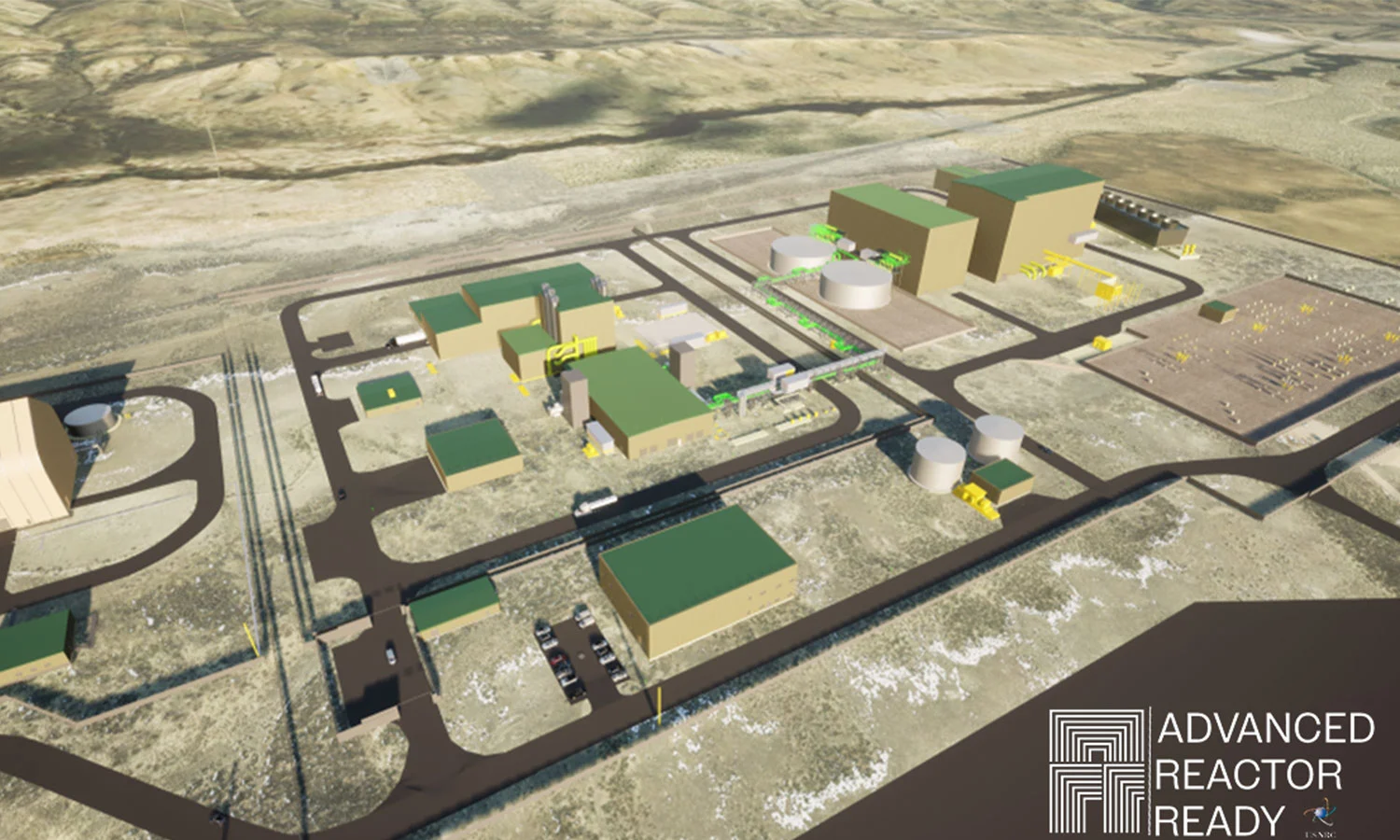A realistic understanding of their costs and risks is critical.
What are SMRs?
-
SMRs are not more economical than large reactors.
-
SMRs are not generally safer or more secure than large light-water reactors.
-
SMRs will not reduce the problem of what to do with radioactive waste.
-
SMRs cannot be counted on to provide reliable and resilient off-the-grid power for facilities, such as data centers, bitcoin mining, hydrogen or petrochemical production.
-
SMRs do not use fuel more efficiently than large reactors.
[Edit: If people have links that contradict any the above, could you please share in the comment section?]



Yes, exactly! Err, but I’m not sure where the ‘actually’ comes in. It looks like we’re agreeing. Am I misunderstanding? I can try to be a little bit more belligerent if that would help! This is internet commenting, we’re supposed to be at each other’s throats by this point in the comment chain…
While battery technology is making grand strides, it’s my understanding that we’re not to a point where we can even speculate on how to renovate our entire grid with them for a vast host of reasons. Using them to cover while switching to other higher-capacity ESSs seems to be the role they are best suited for, and outside of a few experimental exceptions that looks like the role they’re stepping into in the current industry. I have high hopes for the future, but we still have a long way to go, especially in longevity. I’m not advocating for SMRs nor expansion of nuclear, solar or wind, just that we should not limit ourselves to considering a subset of our options because of ideological beliefs.
(And I’m sorry, but I have no idea what induced geothermal is. Sounds potentially volcano-y though, so that’s always a plus in my book.)
(I don’t really see any possible downsides to giving IBM a small nuclear reactor, though. They seem so nice.)